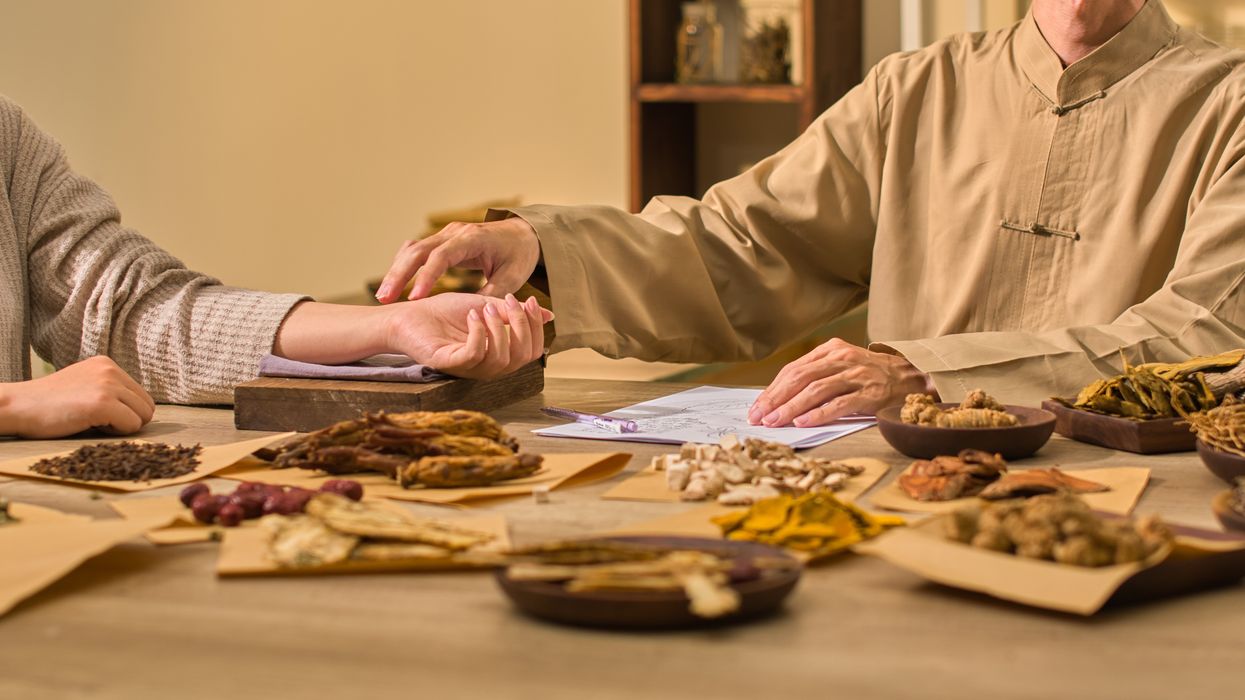Ayurveda finds it origin in one of the four Vedas, the Atharvaveda. Brahma ji propounded the science of Ayurveda and passed it on to Daksh Prajapati, who gave it to Ashwini Kumars, the physicians of devas, and they gave it to Indra.
Ayurveda was given to mankind at the time of satyug, when the diseases though existed had not yet manifested in the physical world. The level of existence was so pure and selfless that diseases were unable to manifest then. The rishis of satyug realized that in the times to come, the thoughts of people are going to become so polluted that diseases will find the required environment to manifest and then the need of Ayurveda would arise, so Rishi Bharadwaj went up to Indra Dev and asked for this divine science.
Ayurveda disregards any such thing as disease or healing, as the purpose of Ayurveda is not healing, it is to achieve a state of balance and maintain it. It eliminates the root of cause of imbalance and brings the body into a state of balance. When the imbalance is removed, the disease is automatically cured and the body radiates glow and strength.
Ayurveda says that this body is made of three doshas and five tatvas and seven dhatus. Everybody has the three doshas of vat, pitta and kapha, the only difference is in their relative proportions. When a being enters a body, according to theposition of the stars and preceding karmas, the constitution gets decided that time itself and it remains like that till the end.
To balance these doshas, rishis gave us jadi bootis (herbs). These jadi butis are not to be consumed in isolation but only after ascertaining the behaviour of all three doshas through an able vaidya.
In this article, we will discuss a simple Ayurvedic remedy for detoxifying the body. Triphala is an excellent expeller of waste. Take equal quantities of ayurvedic herbs - Amla, Harar and Bahera , without seeds, and grind them to a fine powder. Take half teaspoon every night with warm water for a month only.
Caution: the effects of these preparations are not immediate and take about 2-6 months bring the desired results
Warning: Do not go to so-called ayurvedic practitioners who sell their medicines without any verification of the authentication of the ingredients, source the herbs and medicines from an ashram where the authenticity of the ingredients is verified and these are prepared non-commercially by sadhaks.
(Ashwini Gurujii is the guiding light of Dhyan Ashram. For more details www.dhyanfoundation.com)




